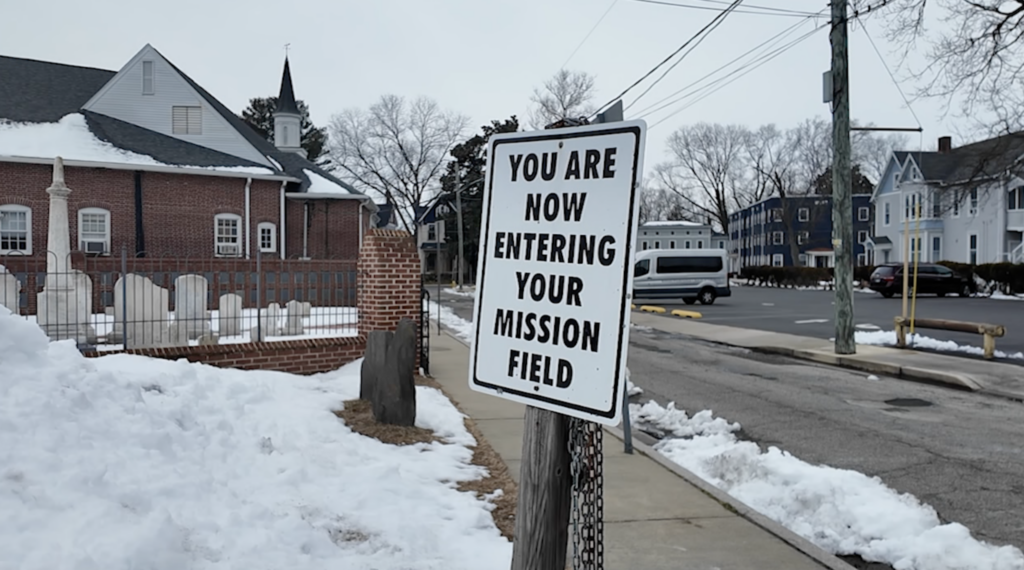Discover Delmarva Arts: TidalHealth Music Therapy
SALISBURY, Md. — In the halls of TidalHealth Peninsula Regional Hospital, it’s not just beeping monitors and paging alerts you might hear. Sometimes, it’s the soothing strum of an acoustic guitar, the gentle beat of a drum, or the resonance of a singing bowl.
For many patients, those sounds are a key part of their treatment, with music therapy helping to comfort them in their toughest moments.
“Music therapy is a research-based approach to therapy that utilizes all different aspects of music to help people meet their goals, whether it’s mental health goals or physical goals,” music therapist Amanda Stejskal said.
Stejskal says the benefits go far beyond relaxation — music therapy can support patients dealing with a variety of disorders and diagnoses.
“From mental health issues like depression and schizophrenia, to people suffering from dementia and Alzheimer’s, it often helps with their memory and functioning.”
“When I see a patient with dementia or Alzheimer’s, they may not remember my name from day to day, but when I start playing their favorite song on guitar, they will remember the words exactly, they will recall the memories, and they will remember the melody.”
She says that playing, singing or making music can help release the tension our bodies hold, engaging several different parts of the brain at once and helping patients with dementia and Alzheimer’s reconnect with their memories.
“We hold so much, especially anger, anxiety and grief, in our bodies. So using drumming and being physically active in the therapy process helps release that.”
She says her younger patients find it especially helpful to compose their own music, channeling their emotions into song lyrics.
“I’ve had a lot of patients, specifically teenagers, who love to rap. So I’ll say, ‘Okay, let’s create a beat on the computer and create this together, rapping about what they’re going through.’ Because a lot of the time, they’re already doing that, but bringing it into that therapeutic space can help them process those feelings more. It can help them feel productive and help them reach their goals.”
These experiences help Amanda collaborate with other doctors to ensure her patients receive the care they deserve and reach their treatment goals.
“I think the more open you are to the power of music and how it heals, the more benefit you’re going to get.”


